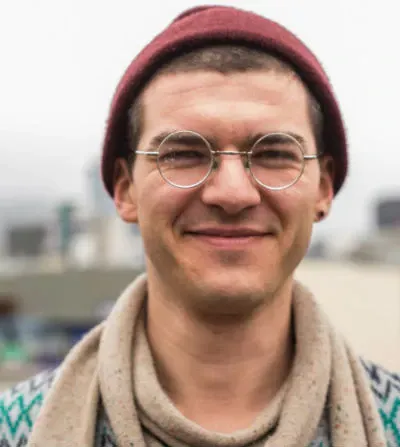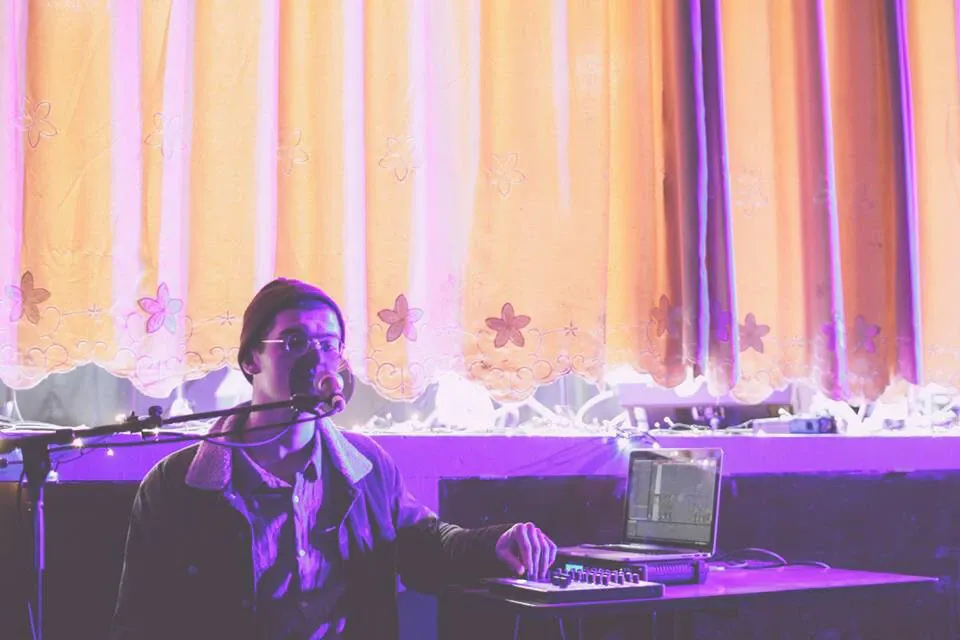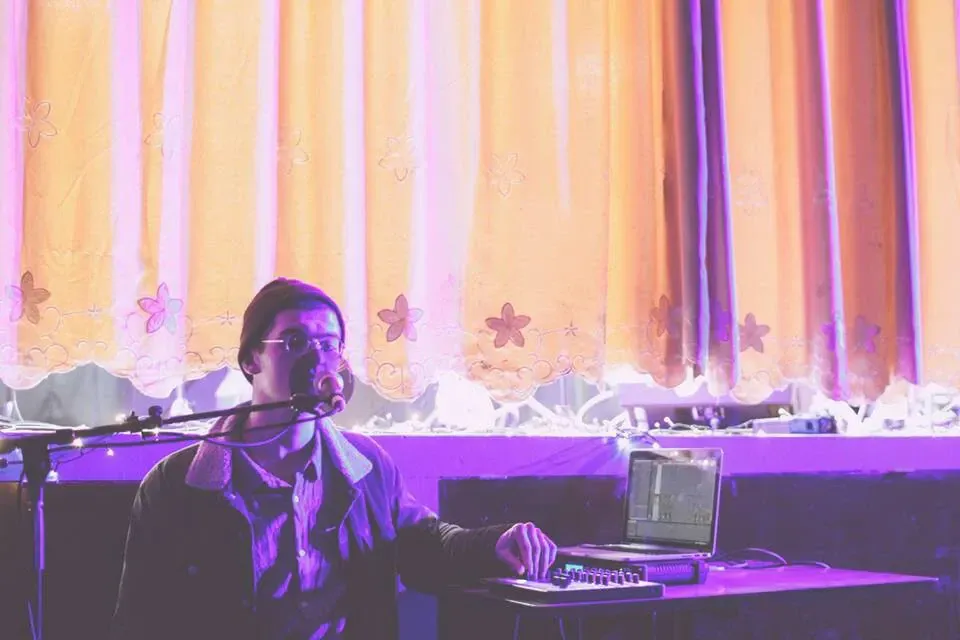Lack of community in the arts sector takes its toll
Written by

This week I spoke to three artists, at different stages in their careers, about their tips and tricks to stay well, why mental health is vitally important for the creative process and how artists could be better supported. The third artist in the series, for Mental Health Awareness Week, is George Johnston.
Aldous Huxley said that “after silence, that which comes nearest to expressing the inexpressible is music.”
In an increasingly anxious world, the marriage between music and mindfulness is not only timely but essential, making George Johnston a pioneering force within Aotearoa’s wellness and musical landscape.
George works in mental health as an advocate and a music therapist; coaches mindfulness and teaches yoga. Over four independently released albums under the name Mantle and an album under his own name at the start of this year, he creates music intended to sit, breathe and be with. It is like a ripple across a pond; subtle textures perpetually shift and alter the soundscape, inviting you to plunge to new depths and awareness. Speaking to George it’s clear that the paths he walks are connected by a powerful dedication to mindfulness that informs his creative and personal pursuits.
“The drive [to create] has been there since I was a child; [my music] is just an authorised, grown-up play,” he says. “The periods where I’m not doing something are the more interesting things to notice in the arc of my creative practice. Because that’s often the time when I am feeling low.”
A period of depression and substance abuse in his twenties saw George re-evaluate how he was living. “It wasn’t sustainable. I started coming back to creativity and coming back to myself with a meditative practice.”
“I definitely can’t help but speculate that a meditative practice has influenced some of the more ambient happenings in my life, but I also just think that's the type of sound I’m interested in making… It’s almost a chicken and egg situation for me, they both started happening at the same time. I’m interested in using sound to reflect or encourage steadiness for others.”

George Johnston performing at a Mindful Listening Session.
George now works in the mental health sector, working with people involved in the local DHB as well as offering mindful listening sessions that are open to the public.
“The intent is to help find a sense of calm, or enthusiasm, interest or curiosity,” he says. “In relation to [my work in the DHB] I’m helping them make the music they’re interested in. Whereas the [Mindful Listening Sessions] are just about turning up to sound; there’s something restorative about just listening. I’m sharing sound in a lot of different ways and I feel not tied up in it.”
“I just happen to make glacial music, the link between mindfulness and a sense of community is far stronger. I’m not really trying to get people to engage with ambient music. I’m trying to get people engaged in mindfulness and I’m peppering ambient music along the way.”
For him, the lack of community within the arts sector is a structure that could be improved upon, because community is tied to wellness. “The money side of things has led in part to where we are now, and it’s not great,” he says. “I’m purposely trying to avoid working with that aspect and solely trying to recoup the community that has been stripped away.”
“I’m trying to recoup the community that has been stripped away.”
George also believes that the way people value art could be changed. “There’s a very good reason why I go out of my way to avoid doing things in bars; our drinking culture is f***ed and I’m not interested in my sound being something that people get pissed to… [Indie dream-pop band] Low would turn their music down if the crowd were too rowdy…meeting the rabble with quiet music seems very punk.”
George has noticed “a shift [in society] towards owning vulnerability which I absolutely love.” This, in turn, has spilled into the creative sector.
“People are beginning to pay more attention to the intersection of art and how to stay well as an artist - just recently (Victoria University lecturer) Dave Wilson put on a wellbeing day for music students […] we’re getting better at having these conversations, which is awesome, because we all have mental health.”
When asked for advice about how creatives can stay well, George responds: “Think about the things you like and do them. Make time for yourself. One of the biggest obstacles I find is not making time for myself; you need to invest in yourself before helping helping others.”
“There is always change to look forward to, something else to try, someone else to speak to. It can always get better.”
When asked for some advice for others he replies that “it’s always possible to move forward.”
“Just keep going wherever you are. It might feel really hard. But there is always change to look forward to, something else to try, someone else to speak to. It can always get better.”
George Johnston’s music is available on Bandcamp and you can keep up to date with his Mindful Listening sessions by following him on Facebook. He also works at CoLiberate.
Need to talk?
If you are currently experiencing mental health issues, all of the contacts below provide confidential, secular, non-judgemental support.
Need to Talk?: 1737 (call or text 24 hours a day, 7 days a week)
Samaritans NZ 0800 726 666 (24 hours a day, 7 days a week)
Lifeline: 0800 543 354 (24 hours a day, 7 days a week).
MusicHelps Wellbeing Service: free professional counselling and wellbeing resources available for musicians in Aotearoa. 0508 MUSICHELP or send them a message
